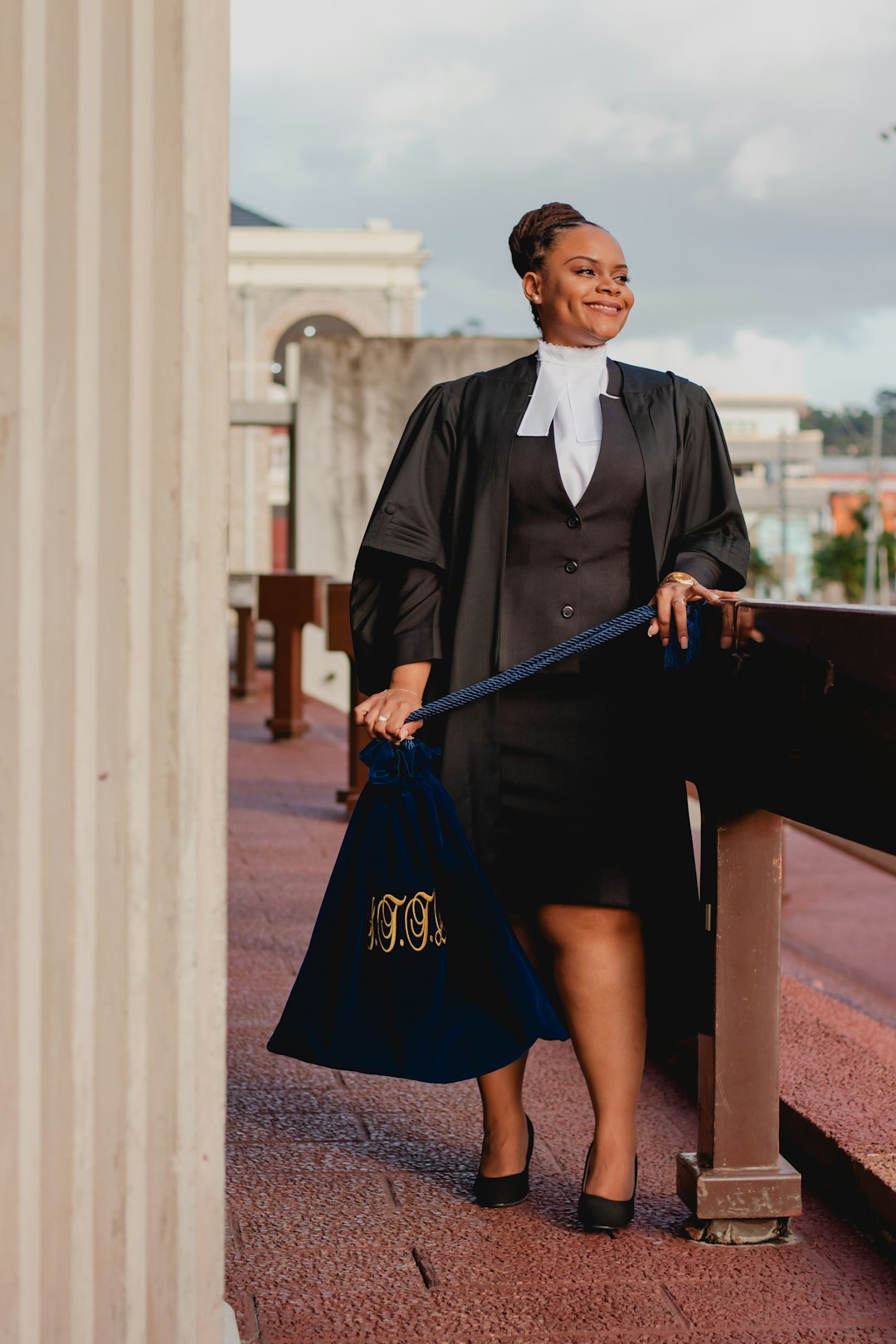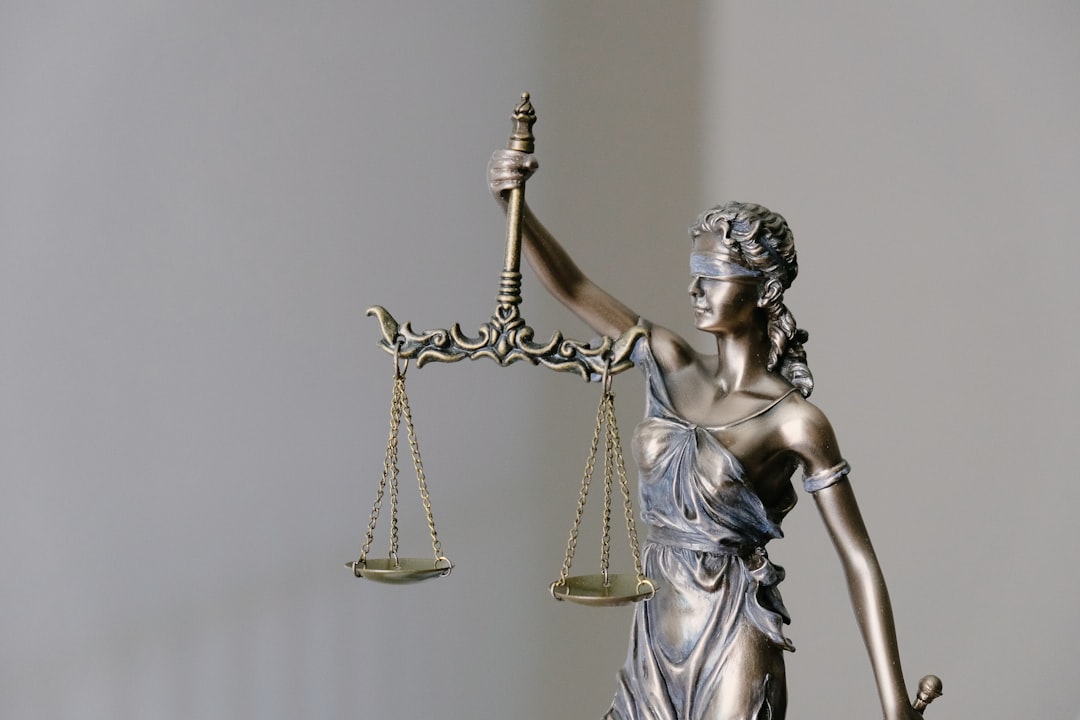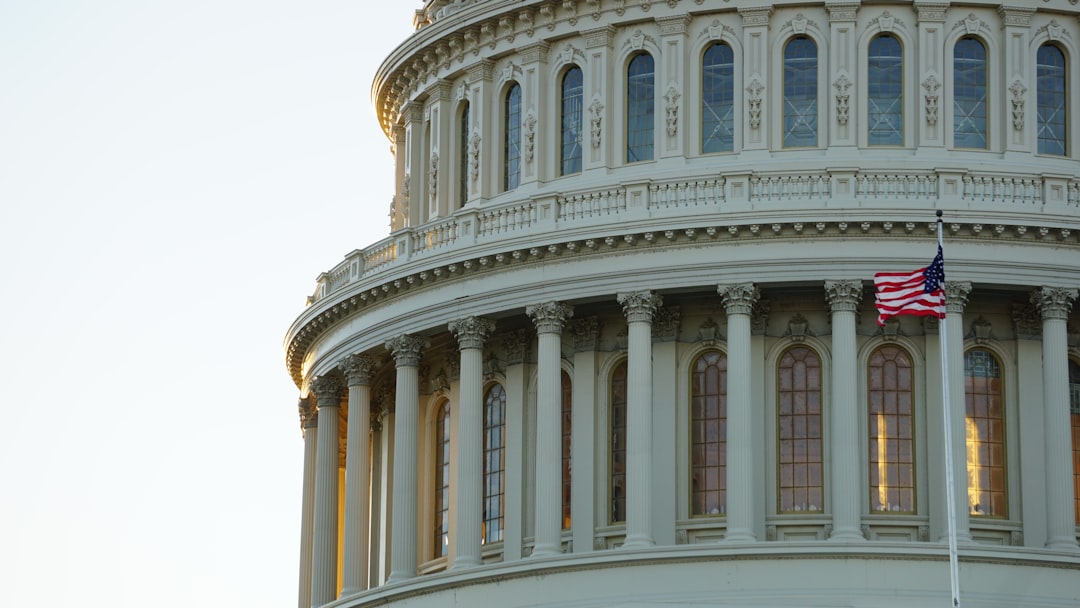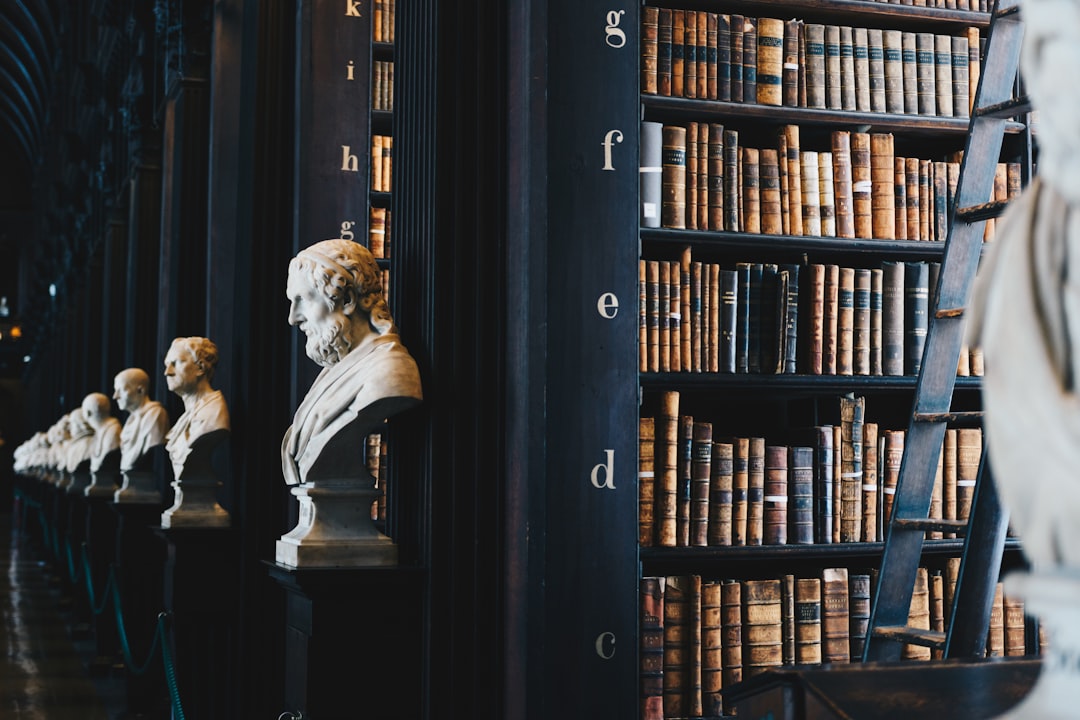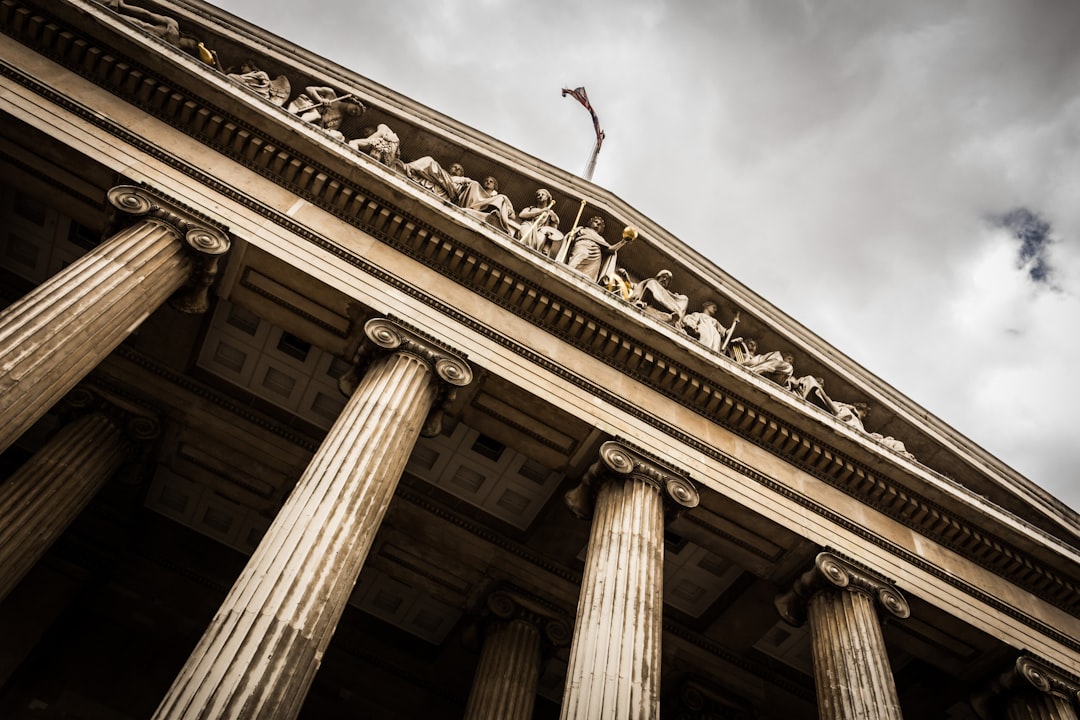Sexual abuse within martial arts studios is a serious issue in Washington state, with legal protections available for victims through specialized sexual assault lawyers. These attorneys help survivors navigate complex laws addressing non-consensual contact, exploitation, and power dynamics abuse, offering guidance on civil lawsuits against studios or instructors for negligence, breach of trust, and violation of state sexual misconduct laws. They empower victims to press charges, seek compensation, advocate for policy changes, and focus on healing with support from local groups dedicated to community solidarity.
Sexual Abuse in Washington Martial Arts Studios: Legal Options for Survivors
Sexual abuse within martial arts studios is a serious issue that demands attention, especially in Washington state. This article aims to shed light on the legal aspects of such cases and provide guidance for victims seeking justice. We explore the legal framework surrounding sexual assault in this context, emphasizing the crucial role of experienced sexual assault lawyers in Washington. Understanding your rights is essential for survivors to take control and pursue the steps towards healing and accountability.
Understanding Sexual Abuse in Martial Arts Studios: Legal Framework in Washington
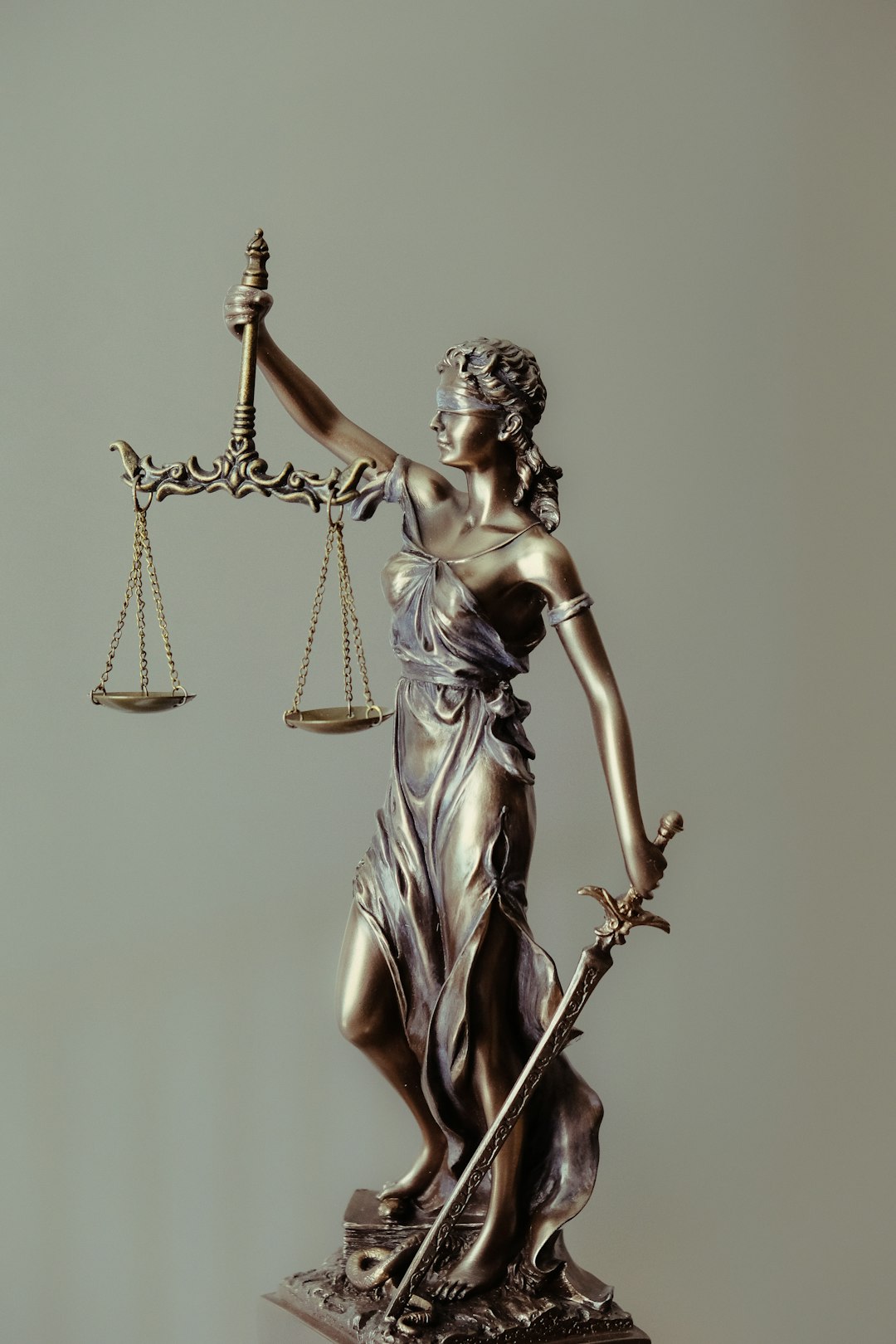
Sexual abuse within martial arts studios is a serious issue that requires understanding both from victims and legal professionals. In Washington, the legal framework provides avenues for justice and accountability when individuals face sexual misconduct or assault in such environments. The state recognizes various forms of sexual harassment and assault, including non-consensual physical contact, exploitation, and abuse of power dynamics.
Victims of sexual abuse in martial arts studios can seek legal recourse by consulting experienced sexual assault lawyers in Washington. These professionals are equipped to navigate the complexities of such cases, ensuring victims’ rights are protected. Legal options may include filing civil lawsuits against the studio or instructors for negligence, breach of trust, and violation of state laws pertaining to sexual misconduct. Understanding the applicable laws is crucial in building a solid case and seeking compensation for damages suffered.
The Role of Sexual Assault Lawyers in Navigating Legal Options for Victims
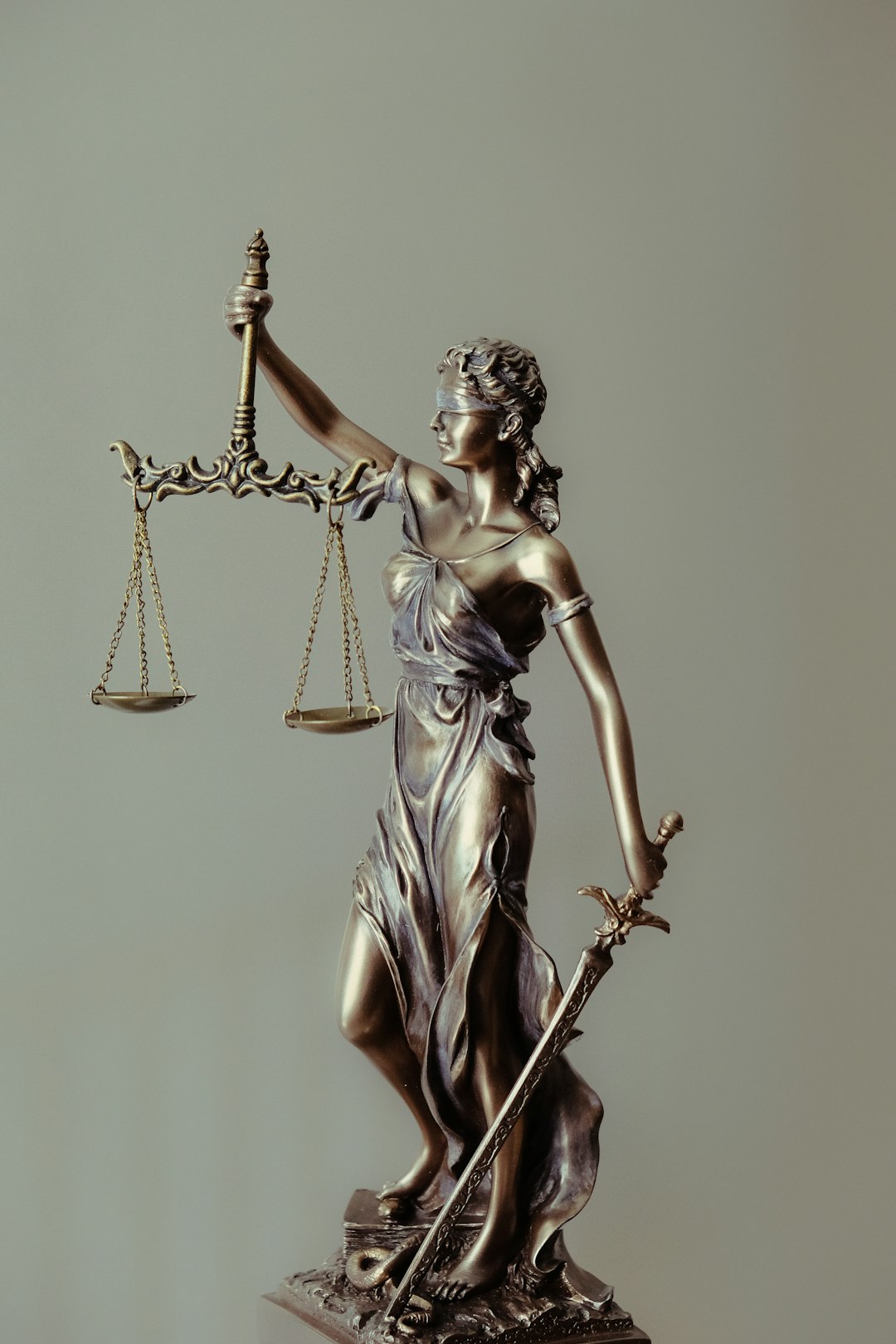
Sexual assault lawyers in Washington play a pivotal role in empowering victims of sexual abuse within martial arts studios to seek justice. These specialists are equipped with extensive knowledge of state laws pertaining to sexual misconduct, which is crucial when navigating complex legal systems. They guide victims through every step, ensuring their rights are protected and that they receive the support they deserve.
With their expertise, these lawyers can help victims understand their options, whether it’s pressing charges against perpetrators, seeking civil liability, or advocating for changes in studio policies to prevent future incidents. Their presence provides a sense of security and allows survivors to focus on healing while leaving the legal intricacies to professionals dedicated to fighting for their rights.
What to Expect When Pursuing Justice: Steps and Resources for Survivors in Washington
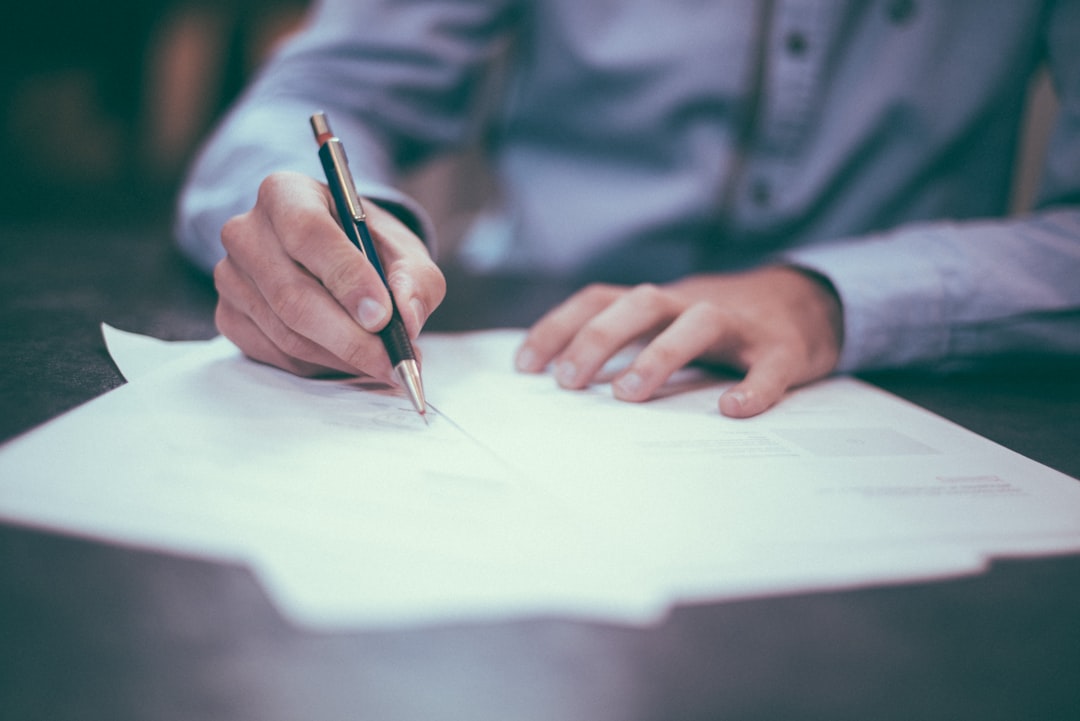
When a survivor decides to pursue justice for sexual abuse within a martial arts studio in Washington, it’s important to understand what lies ahead. The journey can be complex and emotionally taxing, but with the right support and legal guidance, it becomes a powerful act of self-care and community protection.
The first step is to connect with experienced sexual assault lawyers in Washington who specialize in such cases. These attorneys will help navigate the legal system, ensuring that all necessary steps are taken promptly. This includes gathering evidence, interviewing witnesses, and constructing a solid case. Survivors should also reach out to local support groups and organizations dedicated to assisting victims of sexual abuse. These resources provide emotional backing, offer advice on dealing with potential trauma, and connect individuals with other survivors, fostering a sense of community and solidarity in the pursuit of justice.
